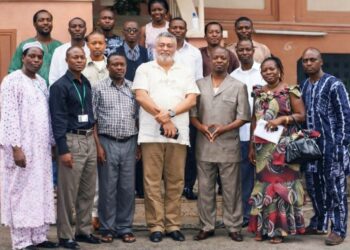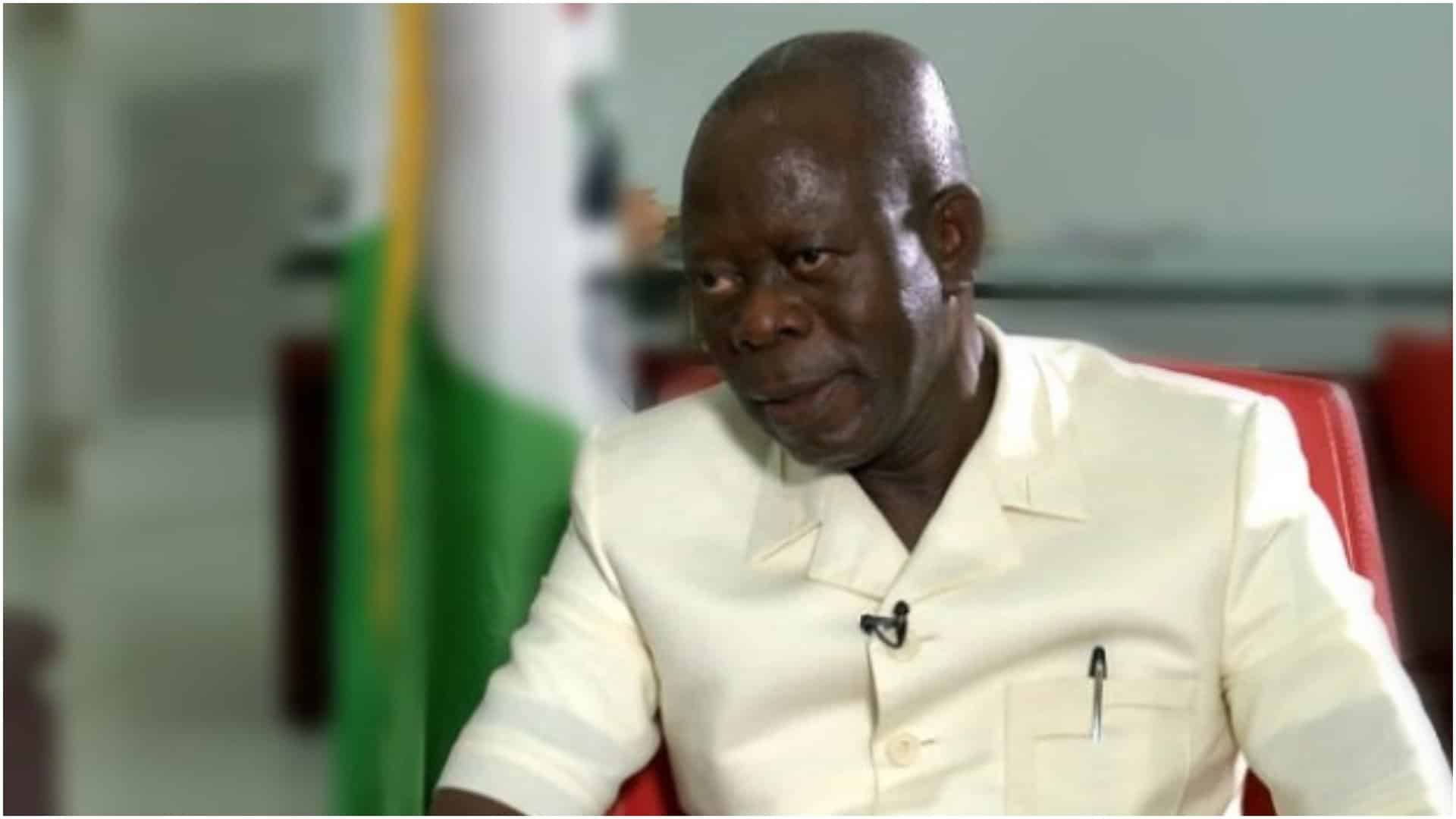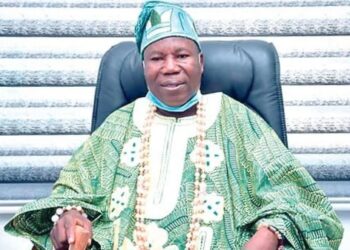Peter Obi, the presidential candidate for the Labour Party, made public his manifesto on Saturday, December 3rd, 2022, containing his plans for Nigerians when he becomes president.
The document “Our Pact with Nigerians: Creating a New Nigeria” aims to turn Nigeria into a production-centred economy.
Obi also proffered various solutions to grow the harnessed Nigeria’s youthful population, among several others.
Apprenticeship
The document also suggested an apprenticeship system to provide a ready-made source of technical expertise in relevant areas. Obi also planned to create a venture capital-like fund for young entrepreneurs.
A paragraph on Page 20 of Obi’s manifesto reads: “We will grow the national economy quantitatively and qualitatively by devising programmes for re-skilling our youths to achieve a greater synergy between their skill-sets and our factor endowments; create a mandatory national certification for blue-collar artisans; strengthen some of the existing tertiary schools of science and engineering to train the next generation of experts in the Science, Technology, Engineering and Mathematics (STEM) field; and create a venturecapital-like fund for young entrepreneurs.
“To ensure that the country’s economic production is equitably geared towards the net-zero emissions drive, we shall redesign incentives for present and prospective investors in the industrial sector, coupled with an apprenticeship system, to provide an already-made source of technical expertise in the relevant areas.”
Obi’s proposal is similar to the Igbo entrepreneurial model, in which an entrepreneur takes an apprentice and teaches him or her the rudiments of a particular trade for an agreed-upon period.
Upon completion, the entrepreneur gives the apprentice seed capital to set up his business, similar to Obi’s venture capital fund proposition.
Obi also wants hourly payment for Nigerian workers
Similar to what is obtainable in Europe and US, wants Nigerian workers to be paid based on actual productivity.
Similar to what is obtainable in Europe and US, wants Nigerian workers to be paid based on actual productivity.
Part of the manifesto reads: “Resolve the national minimum wage problem by abolishing the extant salary structure and introducing an hourly productivity-based national minimum rate, by which public and private sector employers should pay employees based on their actual productivity.”
This model, succinctly captured by Kalu Aja, a financial expert, will mean that a lady in Kogi can attend a technical college remotely via a fibre optic network, powered 24/7 by a 3MW independent power company. She can also work part-time in a factory exporting chocolate and earn an hourly wage with benefits like student loans and healthcare.
Aja added: “This is because hourly wage does not mean you divide monthly wage by the hour. It means no more casual labour; instead, you have part-time work”
Compulsory payment of Salary
Peter Obi also plans to criminalise non-payment of salaries, wages, pensions, entitlements, benefits, and violation of collective bargaining agreements.
Exchange rate
Another area of interest for Obi is the current exchange rate management. The manifesto captured plans to “simplify” and “liberalize” the forex market and “dismantle” the multiple exchange rate regimes currently in place.
“Exchange rate stability has also become a mirage, as foreign exchange can only be accessed at the artificial official exchange rate by a handful of privileged persons and businesses, whilst the generality of Nigerians can only access forex via a parallel market in which the US Dollar now attracts a 75- 80% premium over the official rate.
“The multiple exchange rate regime in place, therefore, presents a huge arbitrage opportunity for a few privileged persons,” he stated.
Here are Peter’s obi priorities in a nutshell:
- To secure Nigeria, end banditry and insurgency.
- Unite Nigeria by managing diversity such that no one is left behind. Shift emphasis from consumption to production by running a production-centred economy driven by an agrarian revolution and export-oriented industrialization.
- Restructure the polity through effective legal and institutional reforms to entrench the rule of law, aggressively fight corruption, reduce the cost of governance, and establish an honest and efficient civil service.
- Leapfrog Nigeria into the 4th Industrial Revolution (4IR), through the application of scientific and technological innovations to create a digital economy.
- Build expansive and world-class infrastructure for efficient power supply, rail, road and air transportation, and pipeline network, through integrated public-private partnerships, and entrepreneurial public sector governance.
- Enhance the human capital of Nigerian youths for productivity and global competitiveness through investment in world-class scholarship and research, quality healthcare, and entrepreneurship education.
- Conduct an afro-centric diplomacy that protects the rights of Nigerian citizens abroad and advances the economic interests of Nigerians and Nigerian businesses in a changing world.










